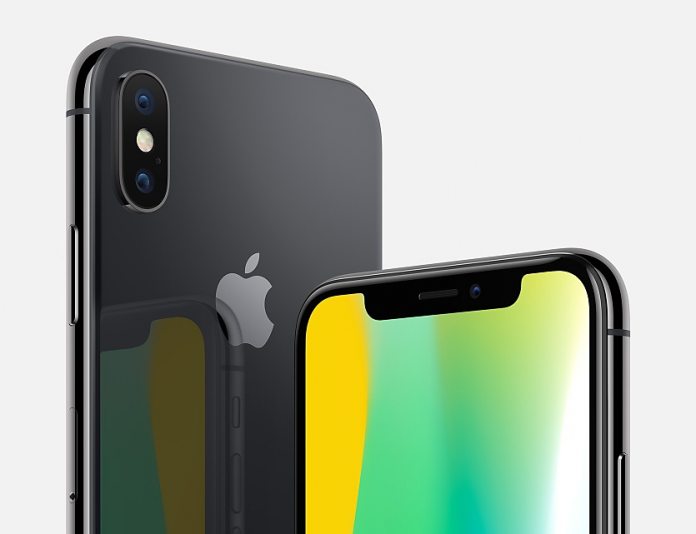The end of the smartphone boom and the start of an unstoppable decline? Well, probably not, but any time a market drops for the first time in over a decade, it is cause for a closer look. Gartner has been tracking mobile phone shipments since way back in 2004. Feature phones were the rage then, with companies like Nokia selling Samsung-like figures in their heyday. Over the preceding 14 years, the mobile market has been on the up and up, driven by smartphones. However, during Q4 2017, there was a year-on-year decline of 5.6 per cent. Consumers still climbed over themselves to buy smartphones, with 408 million units sold in three months, but perhaps they climbed a little less. The real question is why? Was 2016 a bumper year? Apple’s iPhone 7s sold in typically huge numbers, but Samsung’s Galaxy Note 7 was a big old flop and suffered mass recalls. However, the flagship side of the market only ever tells some of the story. During the holiday season, consumers go smartphone crazy and buy all kinds of devices, not just the best. Gartner says the market drop can be attributed to a dip in quality at the low end. The company also says the great migration from feature phone to smartphone has slowed. Eventually this upgrade market will eventually be played out. Apple and Samsung certainly did not emerge unscathed and perhaps paid the price for making good products. Gartner suggests customers are purchasing quality devices and keeping them for longer. Samsung saw a 3.6 per cent dip year-on-year, while Apple fell 5 per cent. It is arguable Samsung is better equipped to deal with that plunge. The company of 50 smartphones lost sales across all price levels, so not only flagships and big margins were affected.
Apple Decline
Apple is all about the flagship. Still, we have been inundated with reports the iPhone 8 and iPhone X have been sales disasters. Certainly, they have not been at the level of previous years, but have still sold in tens of millions. So much so, Apple consolidated its position in second place in the smartphone market. There are other factors at play. The iPhone X launched later than normal, while many consumers ignored the iPhone 8 waiting for its better sibling. It is also worth pointing out that Apple consistently enjoyed record sales years. Like the smartphone market, a decline had to come sooner or later. As for the market as a whole, the signs of a decline have been apparent for several years. Still, while further declines as quarters pass will not be surprising, don’t expect a PC market-style collapse anytime soon. And as the world’s biggest mobile tradeshow, MWC, rolls around again, there will be some fresh Android-powered handsets being unboxed in the coming days — including from Samsung, Nokia-branded HMD and others.




